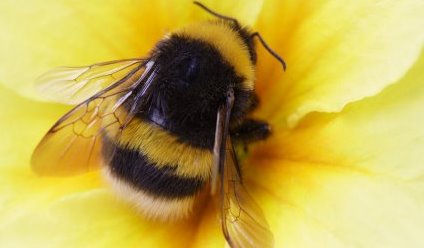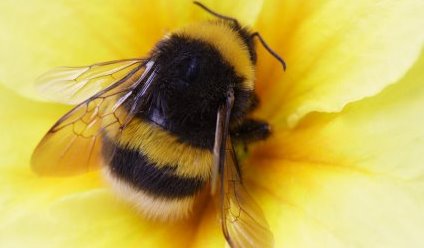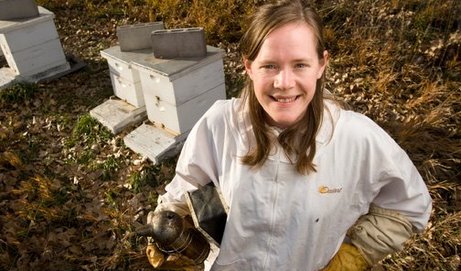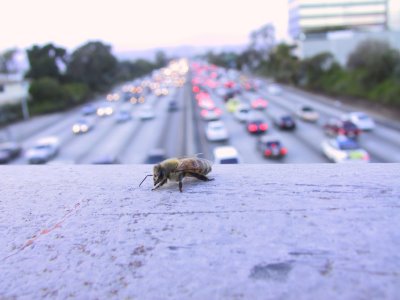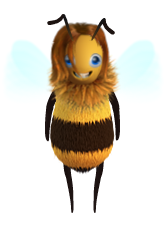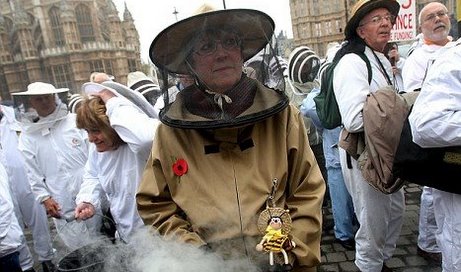I heart bumblebees! Part Three: How we can help....
I watched the documentary King Corn last night and LOVED it. It's about two men who decide to farm an acre of land in Iowa and grow corn to understand just how the crop gets into so much of our food (and bodies). It's poignant, interesting and thoughtful, and I couldn't help but think how similar the issues they're looking at are to the ones that have caused bee decline. Basically, we're both exploring the downward spiral of agriculture, and its effects on our environmental and bodily health. The King Corn website also offers some great ways to address our agricultural system on the "take action" tab in their website, which gave me some good ideas for this post. So let's get on with it, shall we? How can we help out bumblebees (and...
read more
